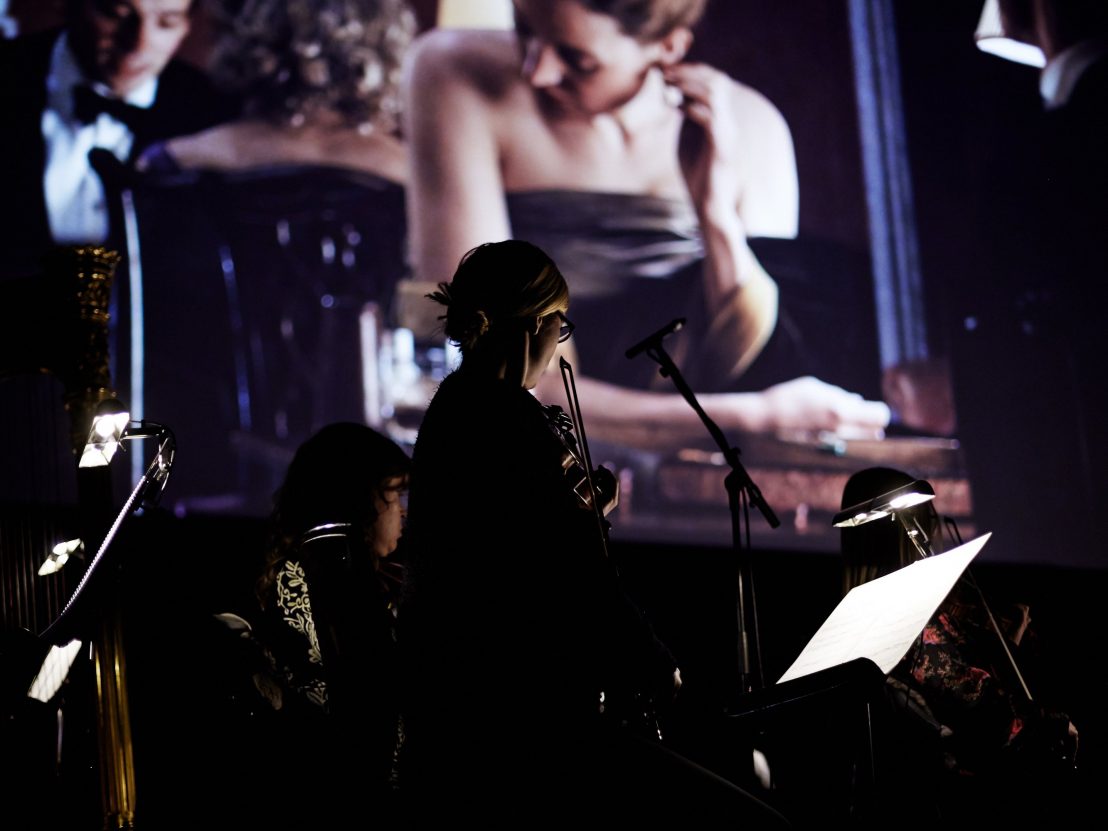
Conductors and longtime friends Hugh Brunt and Robert Ames reveal how they helped bring Jonny Greenwood’s mesmerising score to life.
Hugh Brunt and Robert Ames met at university where they quickly bonded over their mutual love of music. The pair founded the London Contemporary Orchestra 10 years ago, quickly earning a reputation for producing exciting, innovative scores. Since then the ensemble has gone from strength to strength, collaborating with the likes of Radiohead, Frank Ocean, Vivienne Westwood, Beck and members of Arcade Fire and packing out prestigious venues around the world.
The LCO are perhaps best-known today for their work with Jonny Greenwood, who first approached them to record his score for Paul Thomas Anderson’s 2012 film The Master. “It was a really positive and rewarding experience,” remembers Brunt, one which led to a number of subsequent sessions and workshops, LCO Soloists shows, and recording the string and choir arrangements for Radiohead’s ‘A Moon Shaped Pool’ in 2016. “Jonny is fascinated in drawing new colours and timbres from the instruments available, and equally sensitive to the personalities – in the characters and the dynamic of the ensemble, not just the instruments the players are holding.”
Most recently the LCO have been in the studio with Greenwood recording scores for Lynne Ramsay’s You Were Never Really Here and Anderson’s Oscar-nominated Phantom Thread, which received its premiere at London’s Royal Festival Hall last month. “It’s great to perform live with the same team who recorded the soundtrack,” says Ames, “key players with solo parts like Katherine Tinker (piano), Galya Bisengalieva (violin) and Oliver Coates (cello) really have a strong voice throughout the movie so it had a real authenticity.”
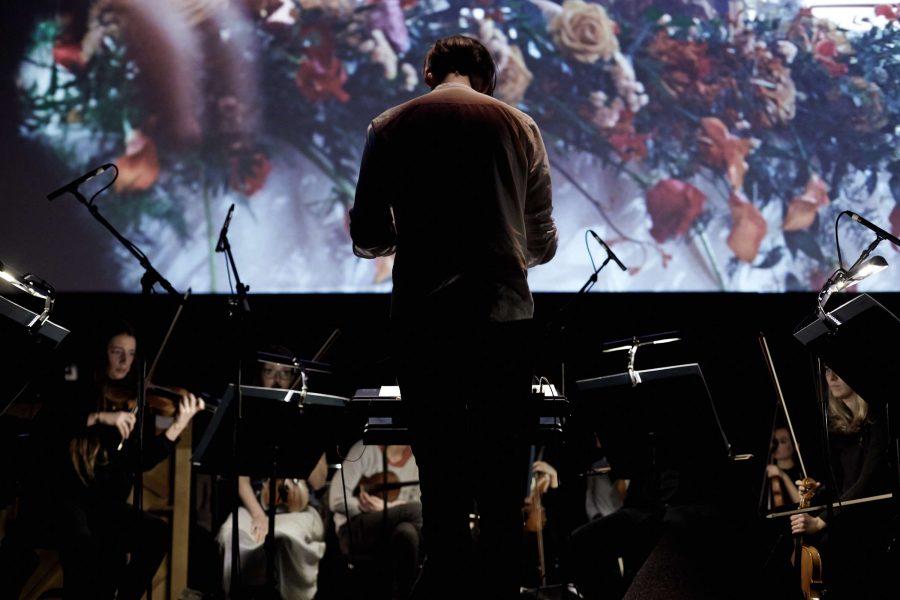
Brunt explains that the process of re-arranging an orchestral score for a live performance is a lot more intricate than people may realise. “We started by going back to the original sheet music used for the recording sessions, tracked the edits made to these cues as heard in their final state in the film, and then re-edited/re-orchestrated the sheet music to reflect the changes and account for the live orchestral forces.

“There’s a movement from Hector Berlioz’s ‘Symphonie Fantastique’, for example, which is used diegetically – almost audibly – and overlaid with a Billy Strayhorn track, but it felt important to include the Berlioz as part of the live performance, so that needed to be reduced for the size of the live band and then played incredibly softly but with tonnes of energy.
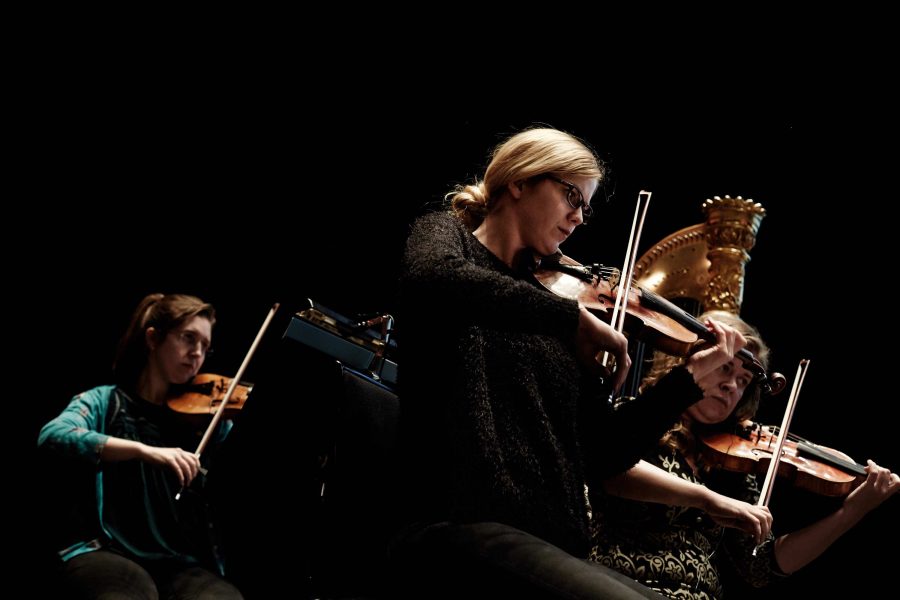
“One of the final stages of the process was having a print of the film prepared with the music stripped out for the live mix; the mix in the rehearsals and concert being a constant conversation between the on-stage performances, the film’s audio and the room’s acoustics, requiring a huge amount of skill and awareness of the moments where a particular element (be it the music, dialogue or sound effects) needs to come to the fore, or be shaded off to make way for another layer.
“And lastly, our friends at Spitfire Audio helped us with a real-action, MIDI-compatible upright piano to trigger both the electronics and the felt piano samples so that all conceivable elements were being rendered live. Special mention to Erica Frauman, Graeme Stewart, Simon Hendry and Benjamin Woodgates who were all instrumental throughout the process.”
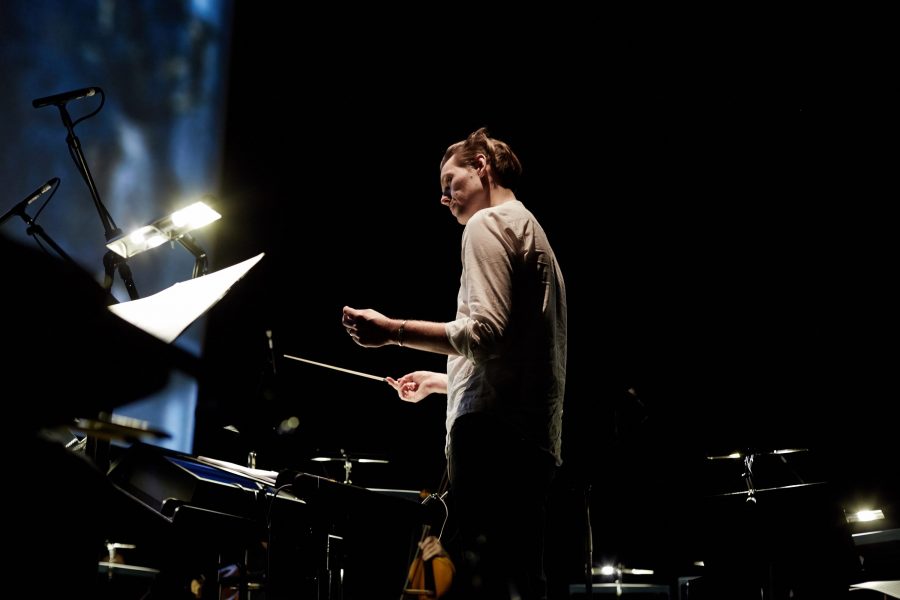
The LCO’s aim, Brunt says, is to be “inquisitive, bold, curious, focused and free,” a creative ethos which has certainly set them in good stead so far. “Hugh and I spend a load of time listening to music, trying to discover new composers and artists,” adds Ames. “Our musicians all have really interesting ideas and are really generous with suggestions of potential collaborators.”
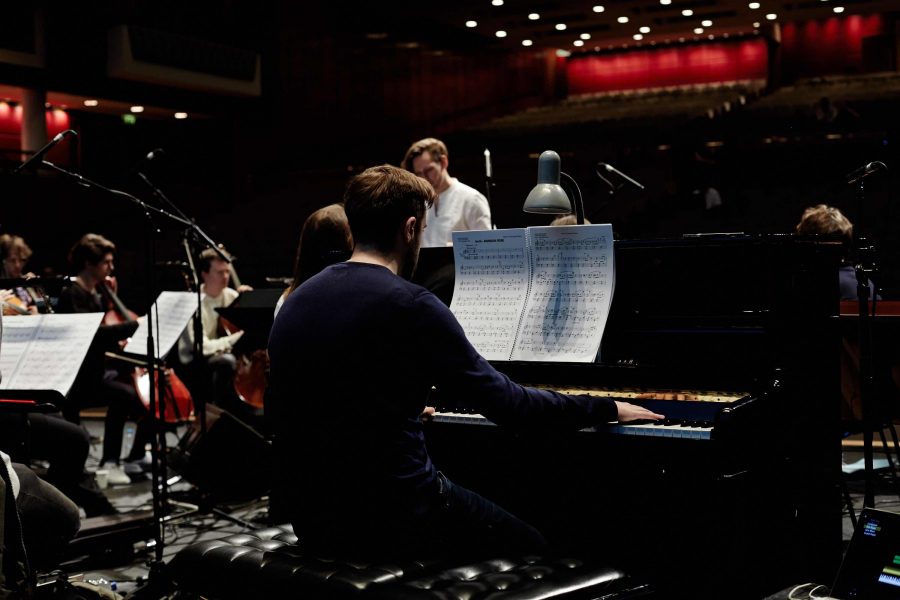
Now is an exciting time for film composing, and the LCO have been central to this development over the last decade. But what has been the main factor in this trend? “It’s hard to pin the change in scores to one thing,” says Ames. “We spend most of our time performing live shows of really cutting-edge experimental music across genres. It’s really exciting to hear the sound world we inhabit becoming more and more part of mainstream film making.
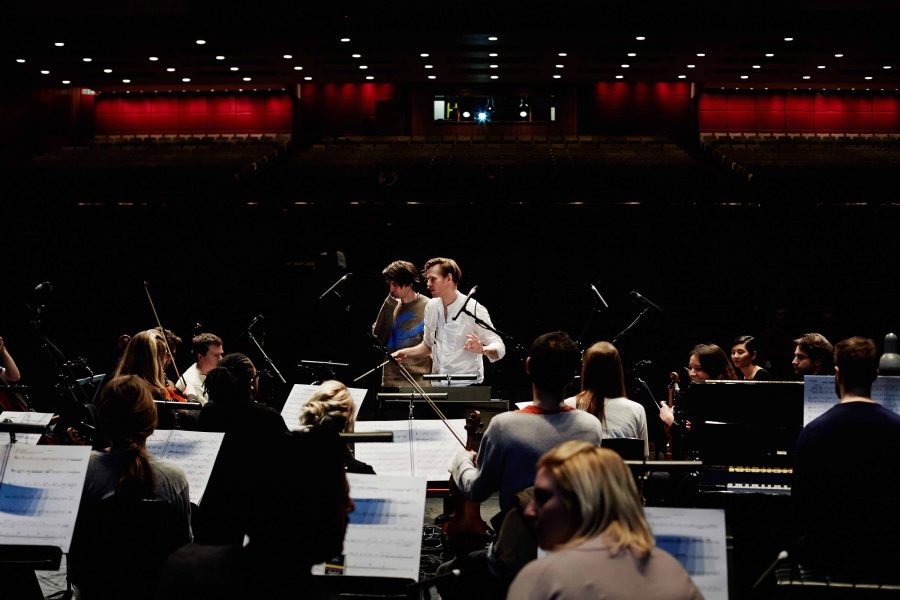
“We’ve had the pleasure of working with Thom Yorke, Jonny Greenwood, Jed Kurzel, Mica Levi as well as composers such as Anne Nikitin, Paul Saunderson, Dan Mulhern and Ben Lovett. They have all really embraced the methodology of searching for new and interesting sound worlds which is what we live doing.
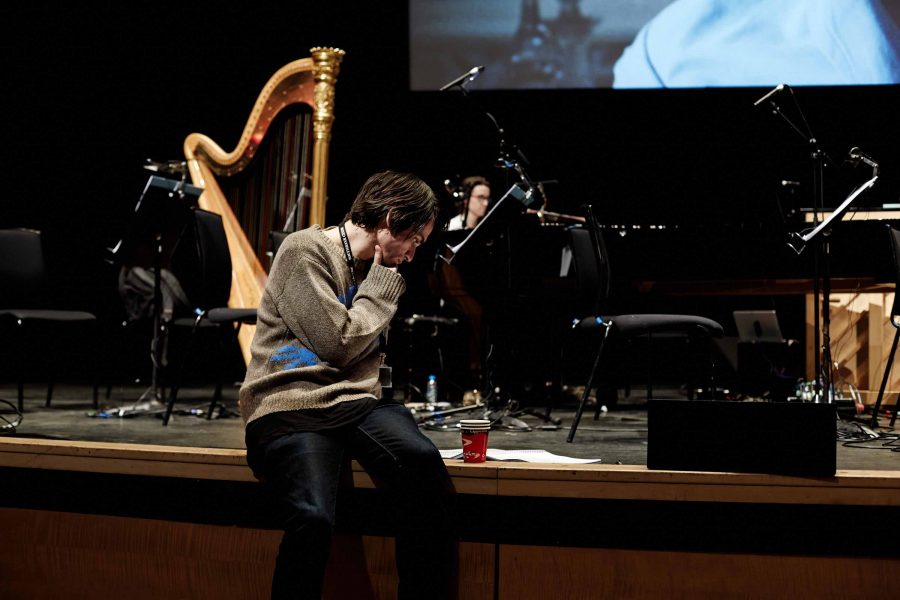
“It’s invigorating conducting an LCO session, the musicians are all fantastic players, can sightread incredibly accurately, make a beautiful sound but more importantly push the boundaries of what is possible on their instruments. You never hear ‘That’s not possible’ in an LCO session we either make it work or discover something even more interesting along the way.”
Find out more about the LCO at lcorchestra.co.uk
Published 6 Mar 2018
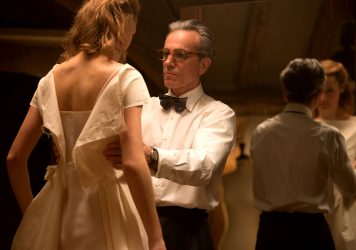
Paul Thomas Anderson’s latest is a swooning, masochistic love story set in mid-century London. It might just be his best film...
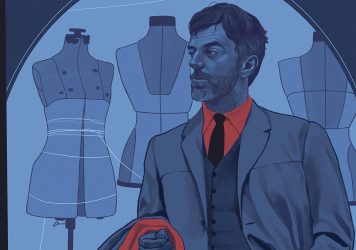
The American master talks Phantom Thread and preparing for a post-Daniel Day-Lewis future.
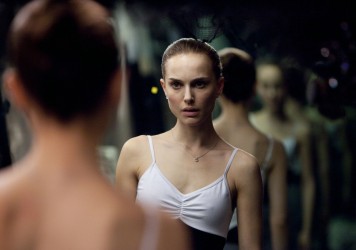
From Black Swan to High-Rise, the British composer reveals how he approaches making music for the movies.